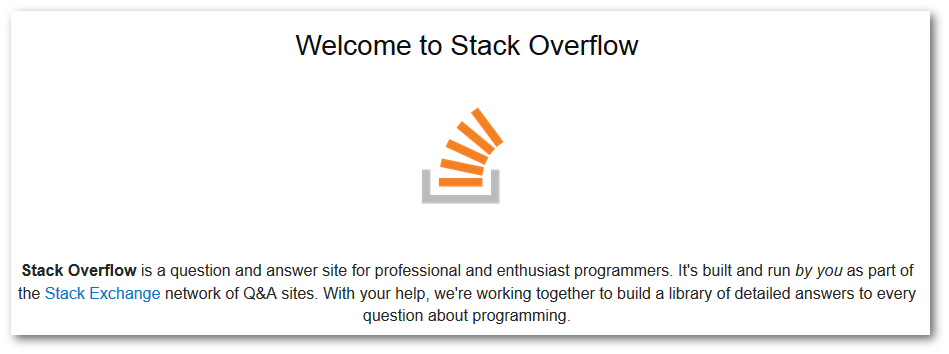The Help Center states under What topics can I ask about here?:
The Close Reasons states under Off-topic because...:
Notice different words are used. The first uses primarily used for programming, and the second uses commonly used by programmers. Primarily used for programming is a stronger criterion than commonly used by programmers.
As an example of the potential confusion, consider Emacs or Vi questions:
Under primarily…, many Emacs and Vi questions are off-topic. On-topic questions would include how to compile from sources, how to compile through the user interface, etc. The thrust of the question must be directly related to programming and development.
Under commonly…, nearly all Emacs and Vi questions are on-topic, including how to install through a package manager, how to copy/paste, how to save a file, how to search and replace, etc. That's because it's a common tool and many Unix and Linux programmers use it.
The disconnect causes a fair amount of confusion for users and bickering among site members. The user confusion detracts from the user experience. Stack Overflow members can be a tough crowd at times, and new users deserve good documentation to help avoid bad experiences.
I also realize there is not a 1-to-1 correspondence between Help Center on-topic and off-topic bullets and Close Reasons. However, I believe there is strong affinity for this particular case, and I would not be surprised if they are the same general case with wording that diverged over time.
Please pick one of them and use it consistently. That is, use the primarily used for programming wording on both pages, or use commonly used by programmers on both pages. Please don't mix and match them.
(I am purposefully avoiding the debate on which one should be used. I would like the site to pick one so policy is clearly established and I know which criteria to apply.)
Here's the one controlling document I can find related to site governance. It is part of The Tour and it establishes the purpose of the site:
Based on site governance, the site appears to only be authorized for questions directly related to programming and development.



(A || B || C) && DorA || B || (C && D), where a letter is a bullet point in the list. I've thought about asking about it in the past, but decided it was not worth the endless debates.(A || B || C) && Dgiven that A, B, and C are separated by commas whereas D is separated by a semi-colon. But yikes, that's horrible formatting; I completely missed there was an 'and' in there until Braiam pointed it out.